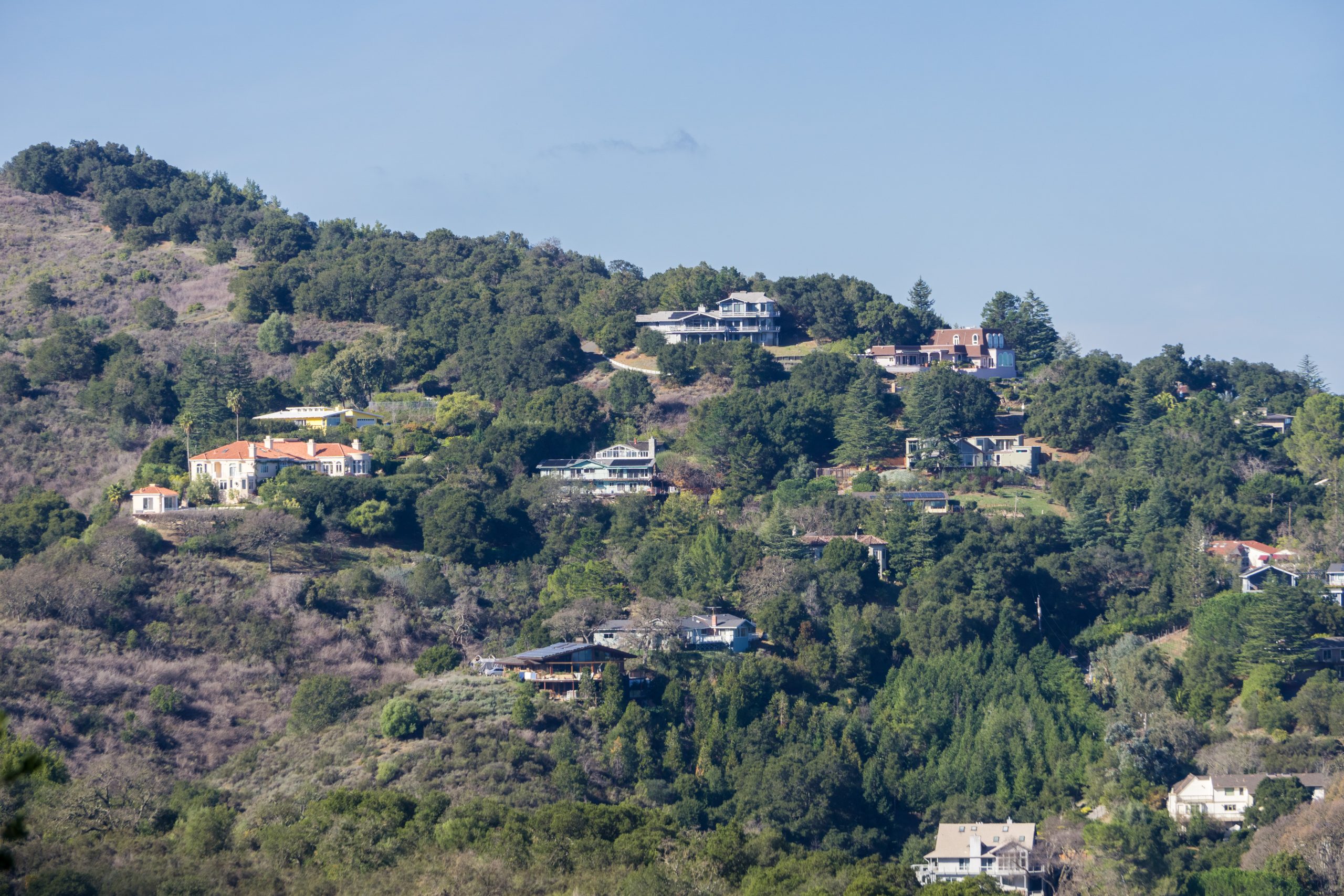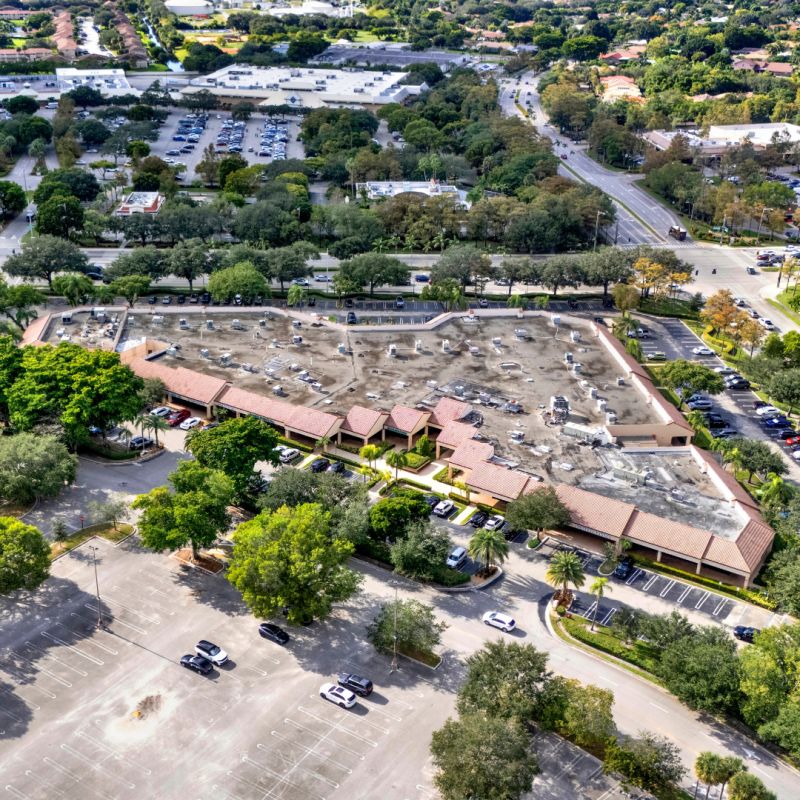K
en DeLeon, founder of DeLeon Realty and a former Berkeley Law and Stanford GSB student, explains how artificial intelligence is reshaping the ultra‑luxury market in Silicon Valley. He frequently writes and speaks on trends that shape the region’s housing scene.
AI‑driven wealth is accelerating the Bay Area’s real estate boom faster than any previous surge. In Q1 2025, sales of homes above $5 million rose 82 % across the Bay, with Santa Clara County reporting a 115 % year‑over‑year jump in March. While the national market has cooled under high rates, luxury in Silicon Valley is expanding rapidly.
After two decades in Bay Area real estate, DeLeon notes an unprecedented speed of demand. AI innovators receive compensation comparable to professional athletes, injecting liquidity into real estate almost immediately after stock vesting or acquisition announcements.
Silicon Valley has always produced millionaires, but now wealth is created at a blistering pace. Companies under five years old are producing billionaires whose executives seek homes that signal success and offer sanctuary. They apply the same rapid decision logic used in business: identify the best property, act quickly, close fast.
Luxury is being redefined. New buyers want estates that double as personal innovation hubs—server‑ready infrastructure, theater‑grade acoustics for private briefings, layouts that balance prestige and privacy. Advanced security is mandatory; infinity pools are no longer the hallmark. Comfort must match the needs of a global chief executive.
Geographic hotspots are shifting. Atherton and Palo Alto, long‑time ultra‑luxury enclaves, are experiencing renewed bidding wars as AI executives seek proximity to Stanford. Menlo Park and Los Altos Hills are emerging, thanks to their closeness to labs, venture capital, and private schools. In the East Bay, vineyard estates and hilltop compounds are being reimagined as serene yet connected retreats.
These changes redraw the Bay Area’s real estate map. Where past booms concentrated wealth in a few ZIP codes, AI buyers are expanding the ultra‑luxury market across a broader area.
Each AI unicorn sparks a new wave of buyers. When a startup announces a multibillion‑dollar funding round or acquisition, inquiries for premier listings surge. One buyer toured six properties in a single afternoon and was ready to make an offer that evening—reflecting urgency and confidence.
Demand is not limited to local talent. Buyers from New York, London, and Asia are relocating to be near AI founders, investors, and research centers. They view Silicon Valley as a global innovation hub and want to participate in its social and intellectual ecosystem.
For long‑time residents, the influx presents opportunities and challenges. Rising valuations boost neighborhood equity but also heighten competition for inventory. Affordability concerns persist, yet many new homeowners bring philanthropic and civic contributions. Balancing growth with community will shape the future of local cities.
Markets rise and fall, but this cycle feels less like a bubble and more like a structural reset. Artificial intelligence is a general‑purpose technology reshaping industries worldwide, and the wealth it generates fuels sustained demand for homes that meet the ambitions of those at the forefront.
For homeowners considering selling, the opportunity has rarely been greater. For buyers, decisiveness is key. The arrival of AI’s new elite reminds us that Silicon Valley’s greatest export has always been reinvention.















